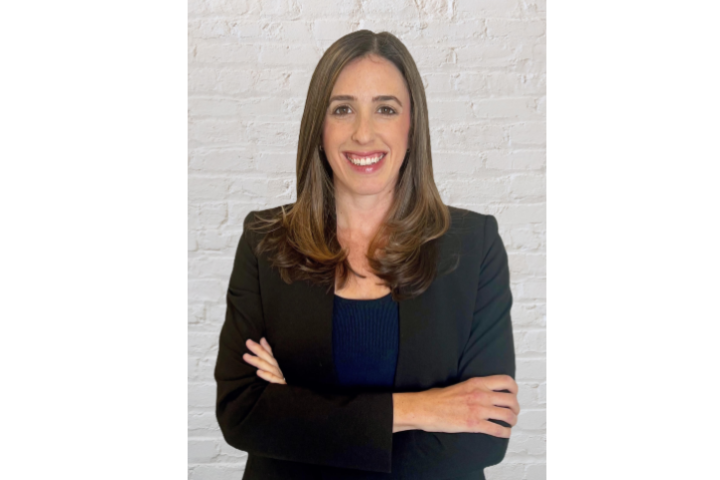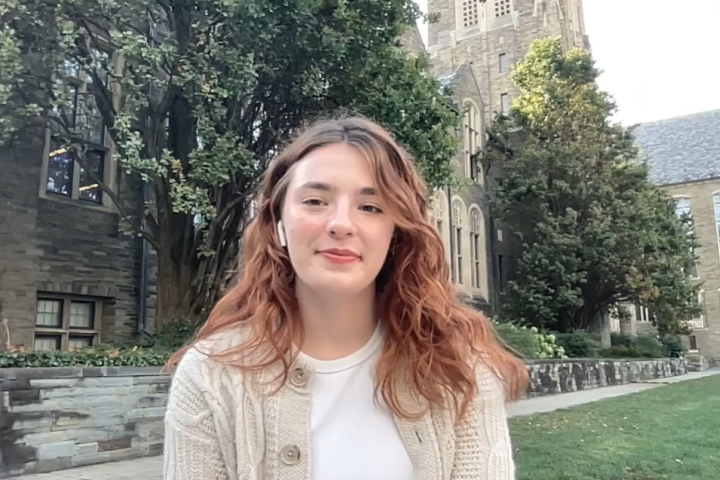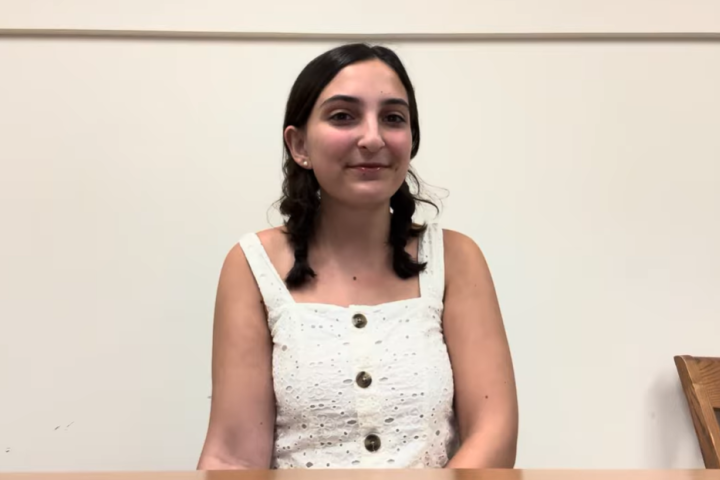
Campus Mediation Practicum Revamped Virtually
Campus Mediation Practicum Revamped Virtually
The Scheinman Institute’s innovative Student Campus Mediation Practicum allows students to earn invaluable first-hand experience helping mediate cases involving Cornell students who have committed minor policy violations. In tandem with a traditional classroom-based course, the program takes a clinical approach, connecting theoretical exploration and skill-building in class with mediating cases outside of class.
It is one of the only campus mediation programs in the country to combine mediations with a credit-based academic component.
This year, because of the pandemic the courses have been revamped to an online format and also the actual mediations by the students are now done virtually as opposed to in person.
Director of Conflict Programs, Katrina Nobles, who teaches the courses, notes that the Practicum consists of two courses: Campus Mediation Practicum and Campus Mediation Practicum II: Advanced Issues in Restorative Justice.
In the first Campus Mediation Practicum course, students review the theories of conflict, its roots and its resolution, and set the stage for the role mediation can effectively play in resolving conflict. Students are introduced to the models of mediation and the benefits and challenges of each, including a comparative analysis of evaluative, facilitative and transformative styles of mediation.
The role of gender, race, culture, ethics and impasse in mediation will all be examined in the Campus Mediation Practicum course and incorporated into workshops and case studies. Students will have several opportunities to apply their knowledge of mediation and acquire the skills necessary to become effective mediators, including mediating actual cases referred by the Office of the Judicial Administrator. Following each case assignment, students are required to write a paper analyzing the nature of the complaint, the approach and techniques employed during the case, and the student's evaluation of what worked and did not work in their attempt to resolve the conflict.
In the second course of the series, Campus Mediation Practicum II: Advanced Issues in Restorative Justice, students consider the needs and roles of key stakeholders (victims, offenders, communities, justice systems) and explore in depth the principles and values of restorative justice. Students also identify challenges to restorative justice - the dangers, the pitfalls – as well as possible strategies to help prevent restorative justice from failing to live up to its promise. Much of the course is organized around the issue of harm and crime within our legal system. However, students are also exposed to restorative justice in multiple contexts, including issues in higher education.
The students from Campus Mediation Practicum II also have the opportunity to serve as mentors to Campus Mediation Practicum students by accompanying and overseeing the class.
In the context of remote online learning, Nobles has emphasized virtual mediation techniques in the curriculum for both courses.
Additionally, students will now focus more heavily on sexual harassment, mediating cases on a virtual basis from Cornell’s Office of Institutional Equity and Title IX.
Anyone interested in taking these courses can find them here.



